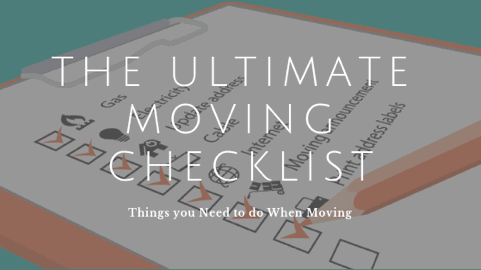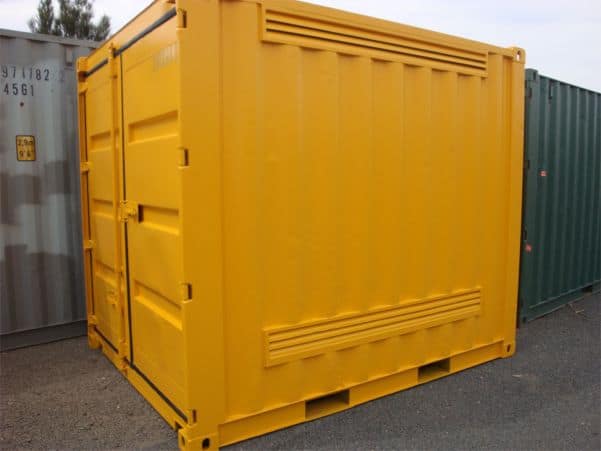If you are moving to a new place, you have to wind up a long list of things. To do all the jobs peacefully and make your move flawless it is better you create a moving checklist. Making a checklist, sticking it in a place of your frequent visits to give you timely reminders, and doing the tasks defined in the list one by one will not make you feel burdened.
But what should be there is the checklist? If it is your first time everything must be haphazard for you. You might be completely clueless about where to begin. Well, there is nothing to panic about. The blog below is a complete guide for you. If you follow the things in the blog you will move with ease.
Effective Checklist for Smooth Relocation:
The checklist can be referred to as a schedule for different things to be done while moving. You can also write when to begin a particular time and in what duration it should be complete.
- The first thing to be done for moving is to divide the things at your home into four parts. The first list of what you will carry with you, the second list must contain what you want to donate, the third list must be things to be sold and last but not least things to be recycled. Get rid of the list second, third and fourth. Your home must now contain the things you want to carry along.
- The second thing to do is to hire movers. To hire moving companies you must know the best company in your locality You can know about it either by carrying out a ground survey or online. Make sure to contact previous customers in case of the ground survey and read the reviews in case of online inspection.
- Compare the cost between your preferred choices along with a comparison of the services offered by them. Now check the availability of the moving company on your desired date and time. Finalize the moving company by completing the documentation.
- Now, comes the packing part. Decide if you want to do it yourself or hire packers. Start with the packing process at least a month before your move or you can decide it based on the size of your home. If you are going for a long-distance move you must pack the things much before in comparison to a local move.
- Begin with packing starting from a single room. Once you complete with a place, then shift to another. Label each box that is packed and keep it in a single place. All the packed things must be locked in one place. Make sure you pack the most used place in the last. The kitchen would be last in the series.
- Change your address at all the important places like shopping websites, with friends and acquaintances on your important documents, and wherever you feel it’s necessary.
- Put all your important documents and bills intact in a file. The file should be kept along with you in your car and not the loading truck. You might require any document anytime, so make sure you do not miss out on anything.
- Load the trucks, clean your home, lock, and move. It is advised that you must reach your new place prior to your luggage so that you can arrange the things instantly.
Conclusion:
Moving can be as easy as you feel while reading the blog if all the things are carried out in a specific order. With all the above tips you will never be in a situation of panic, not even for a single moment.
Read also:






















